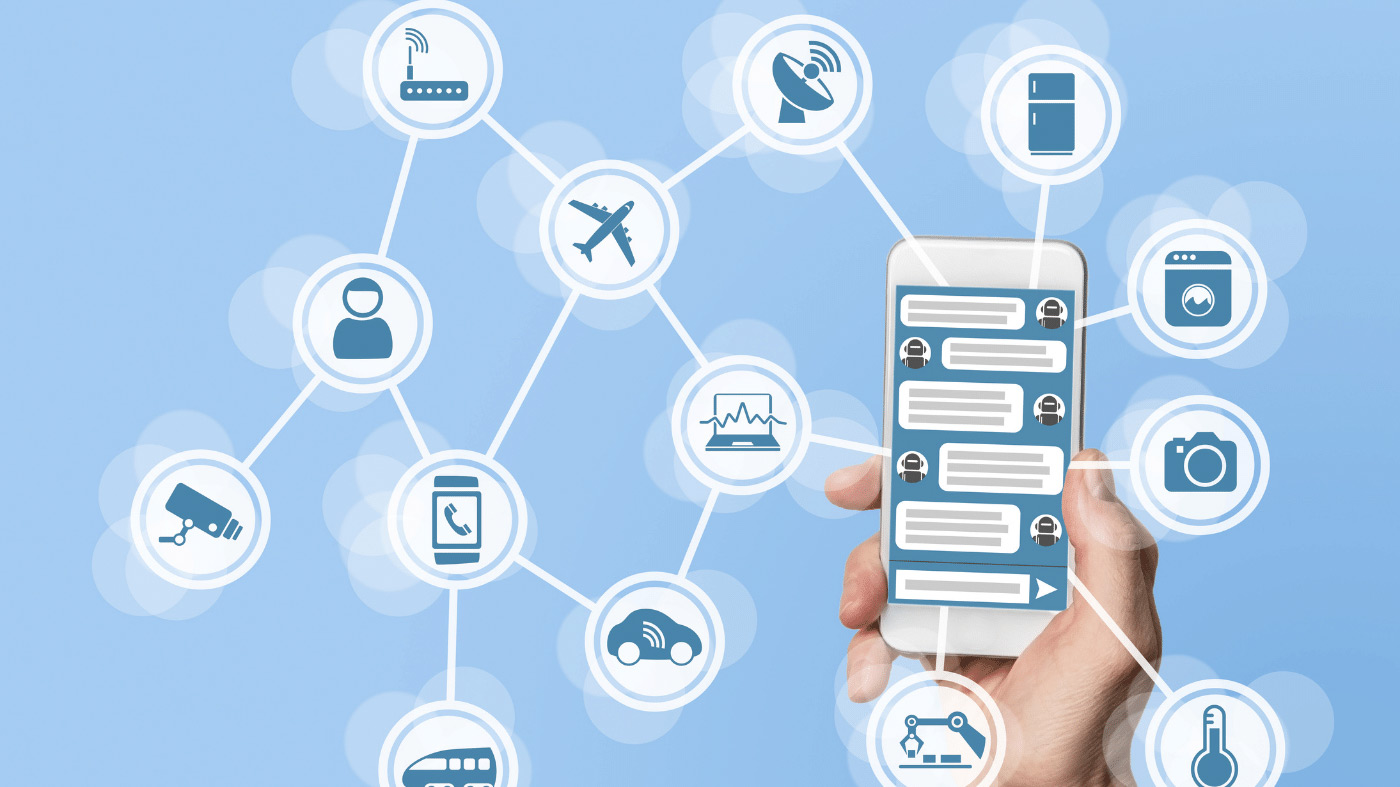The Internet of Things (IoT) are systems or networks of interconnected “smart devices.” These things, which are connected to the internet, are considered non-traditional because they don’t fit into the category of computers, tablets, or mobile phones. But, just how secure are they?
Many types of physical objects, such as IP cameras used for security, internet-connected televisions, smart refrigerators, smart crockpots, smart door locks, and smart cars are all IoT devices. Because these items are connected to the internet – like computers and other mobile devices – they can be hacked. While hackers might not want to hack your refrigerator or crockpot, they may hack into your car. Just imagine what would happen if someone took control of your car as you were driving down the road!
Smart devices make your life easier. It takes just a few clicks to unlock your home’s door, select a movie from the couch, or check your refrigerator while at the store. But how does all this work?
Smart devices collect information to perform the functions you use, such as the suggesting websites to visit by storing your entered passwords. Your smart phone and home network stores that information, which makes your life easier by allowing you to skip some login steps. The more you’re connected to various apps and devices, the more ways your information can be shared or stolen. Unfortunately, thieves can profit from that information if stolen.
When you download an app or install a program, how often have you clicked the “I agree” link without reading the user agreement? By clicking that link, you may be sharing your information or allowing unneeded access to other apps or devices.
Keeping your information safe
Here’s a great checklist that can help you keep your smart devices safe and secure:
- Install Internet security software on your computers, tablets and smartphones.
- Use multifactor authentication to secure your devices. If multifactor authentication is not available, be sure to use strong, unique passwords on all device accounts, Wi-Fi networks and connected devices.
- Change your passwords frequently.
- Always read the user agreements that come with the apps and devices you use.
- Do research before you buy; check to see if there are known security/privacy issues.
- Know the data your apps and devices are storing; is it necessary?
- Only enable functions that are necessary; does the app or device need to connect to the Internet? (Does your slow cooker really need to be connected to the internet?)
- Does the app or device need to access other apps or devices?
- Check the app’s or device’s website for updates.
- Never leave your smartphone unattended.
OIT is always seeking to ensure VA consistently delivers technology transformation to support exceptional delivery of services to Veterans. And, remember, when you use smart devices, you need smart security. #BeCyberSmart
Submitted by VA’s Office of Information Technology.
Topics in this story
More Stories
The VA Health and Benefits mobile app is modernizing how Veterans access and manage their health care and benefits information.
Over the five-year program, more than 14,000 VET TEC beneficiaries completed their program and nearly half have reported finding meaningful employment with an average starting annual salary of $65,000.
VA is calling for applicants for the 2024 Specially Adapted Housing Assistive Technology grant.







Wow, really? You people (va) are the ones PUSHING veterans out the door and telling us to do everything on the computer, video connect appointments and now travel. You should be paying for whatever internet security we need. Personally, I don’t trust that your systems are secure and private. Matter of fact, I KNOW they aren’t. Any secretary can read a “secure message” sent to my doctor and it’s none of the secretary’s business. He or she doesn’t have a “NEED TO KNOW”.